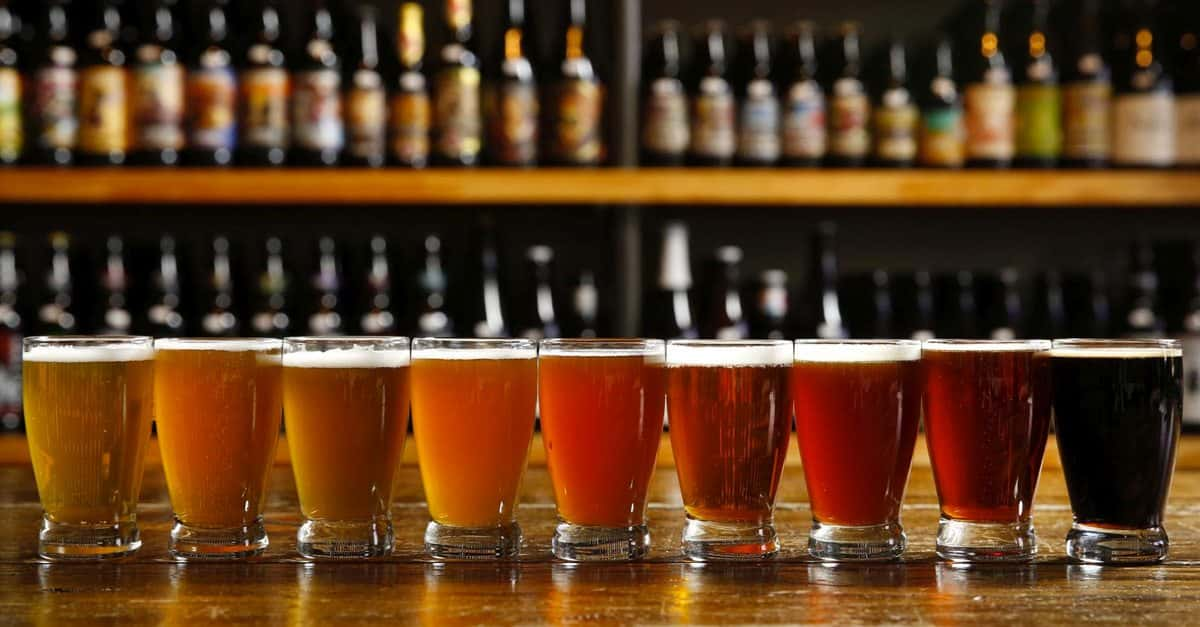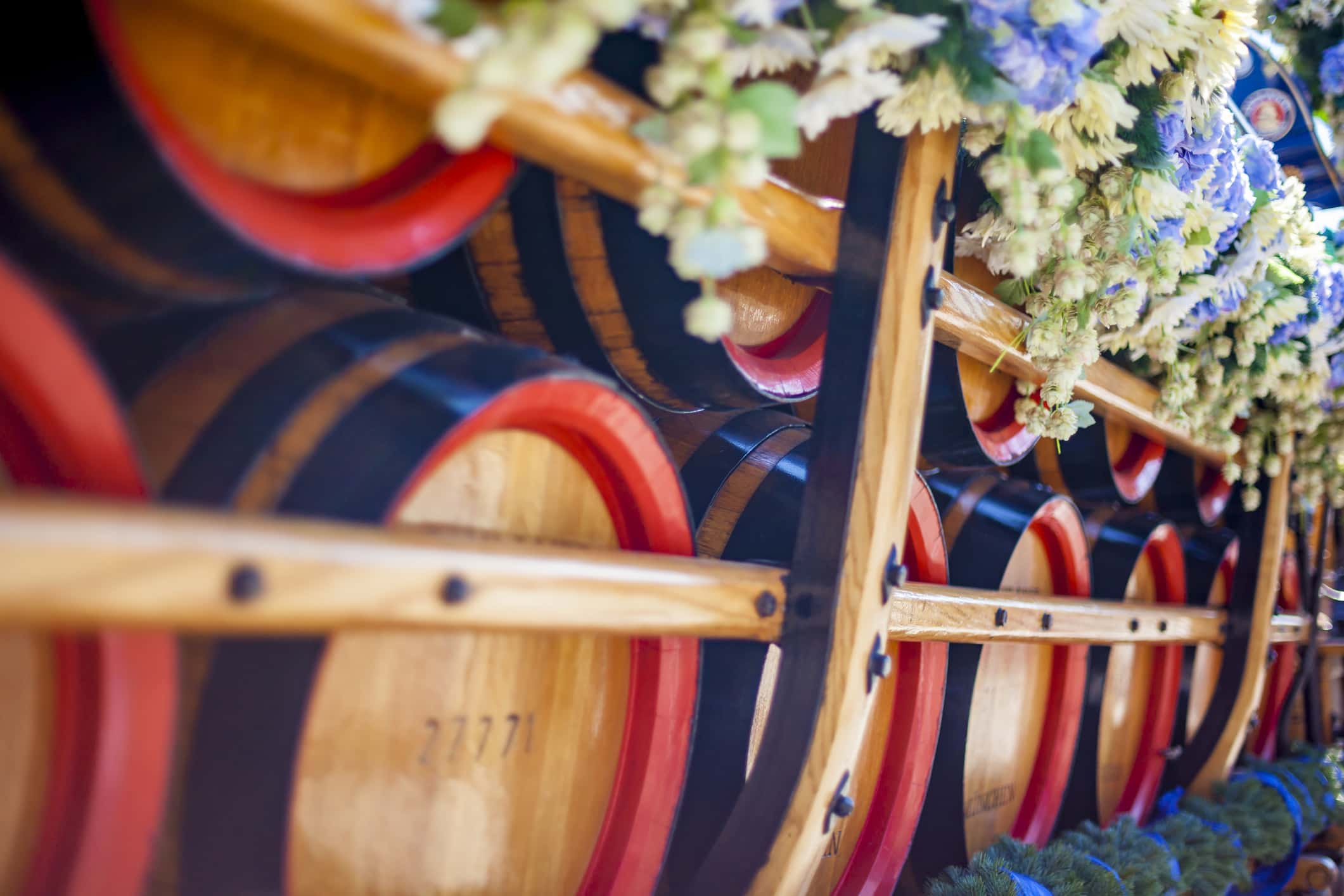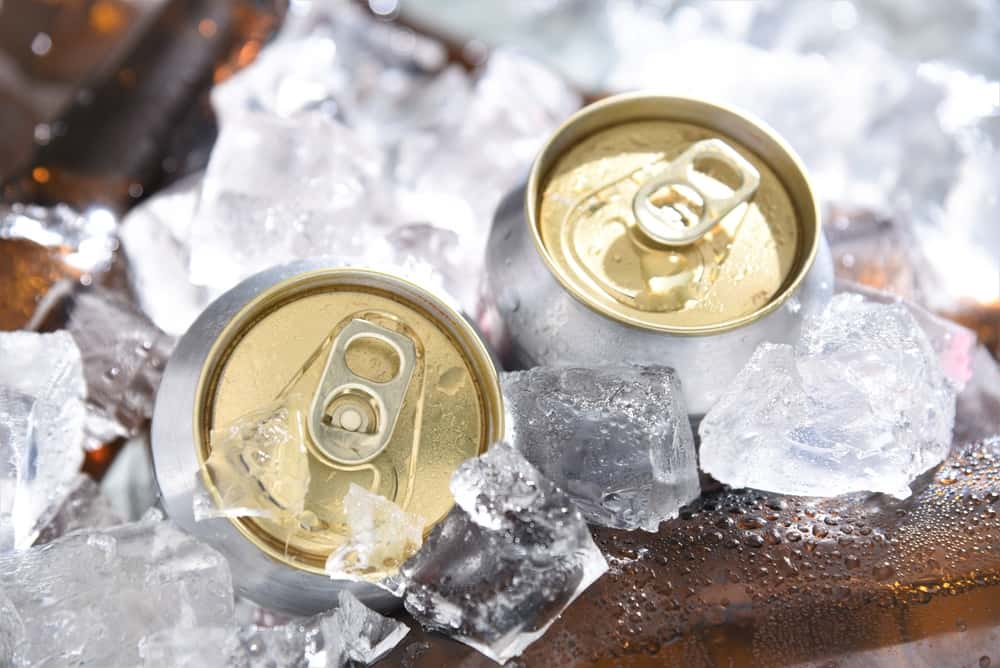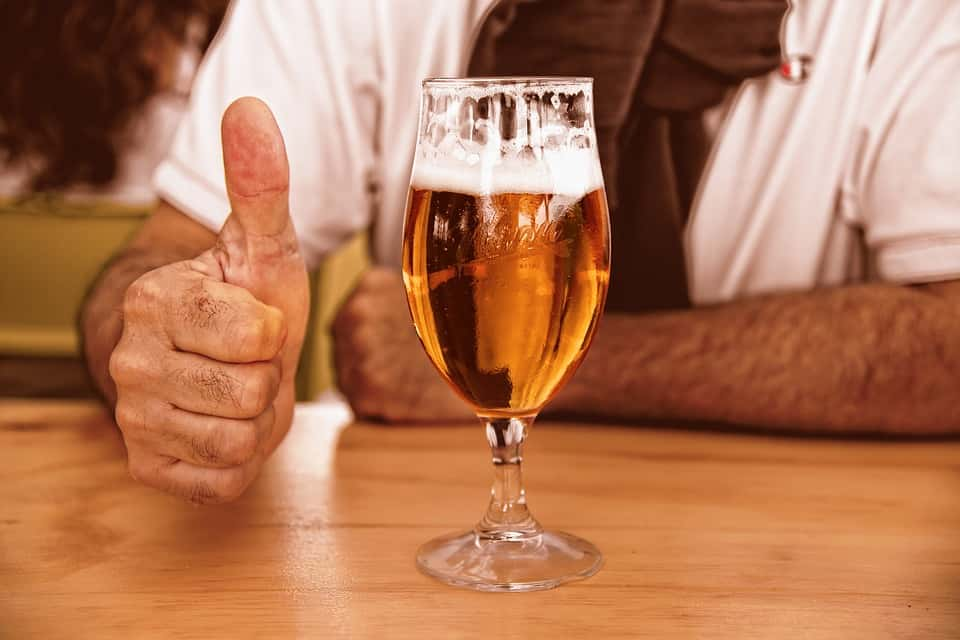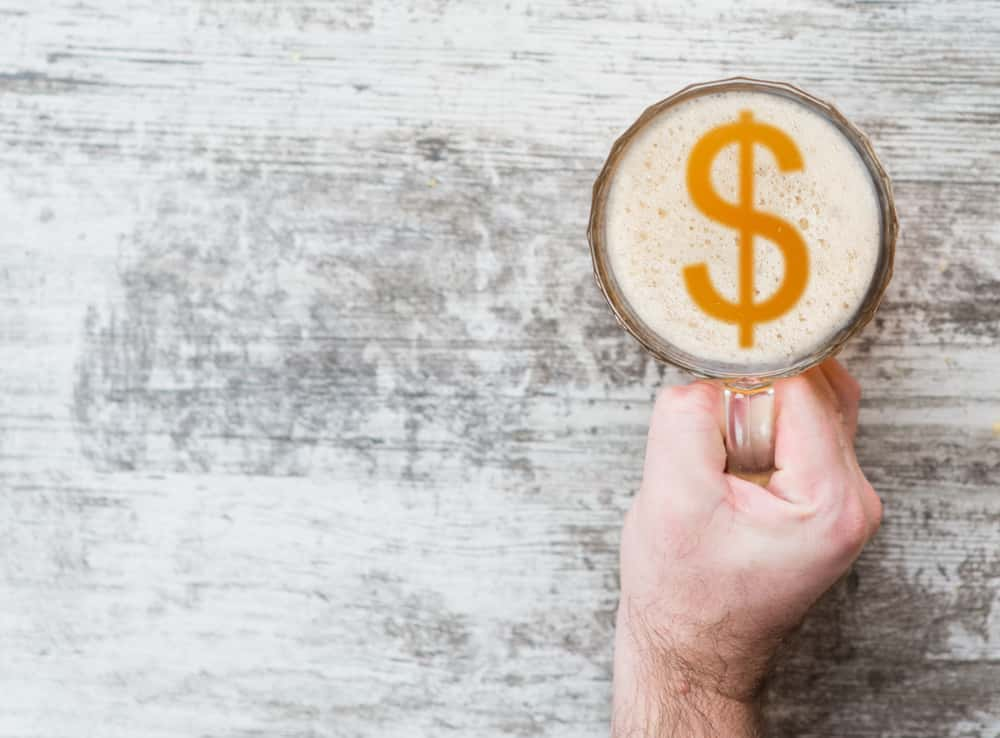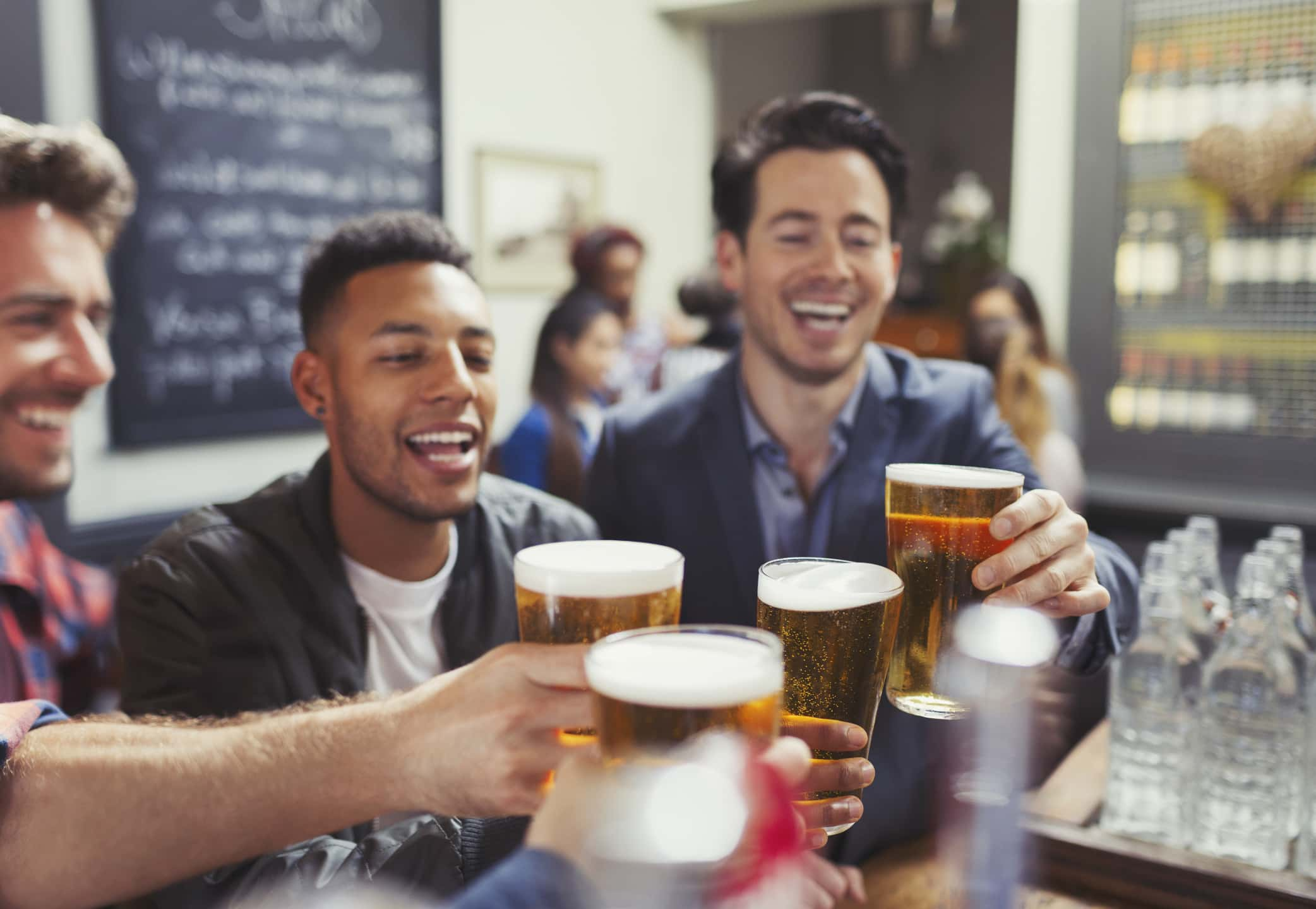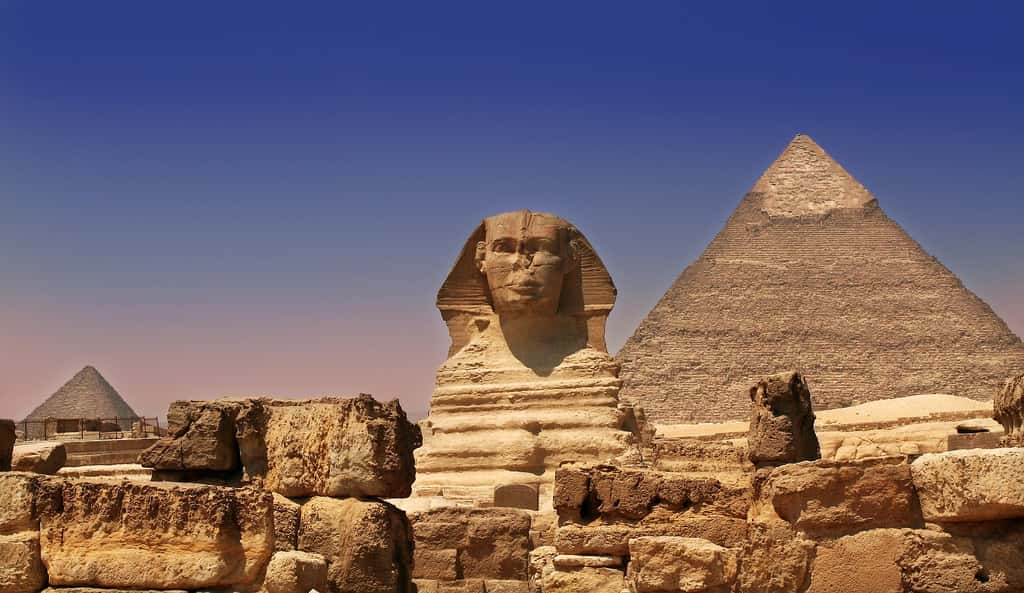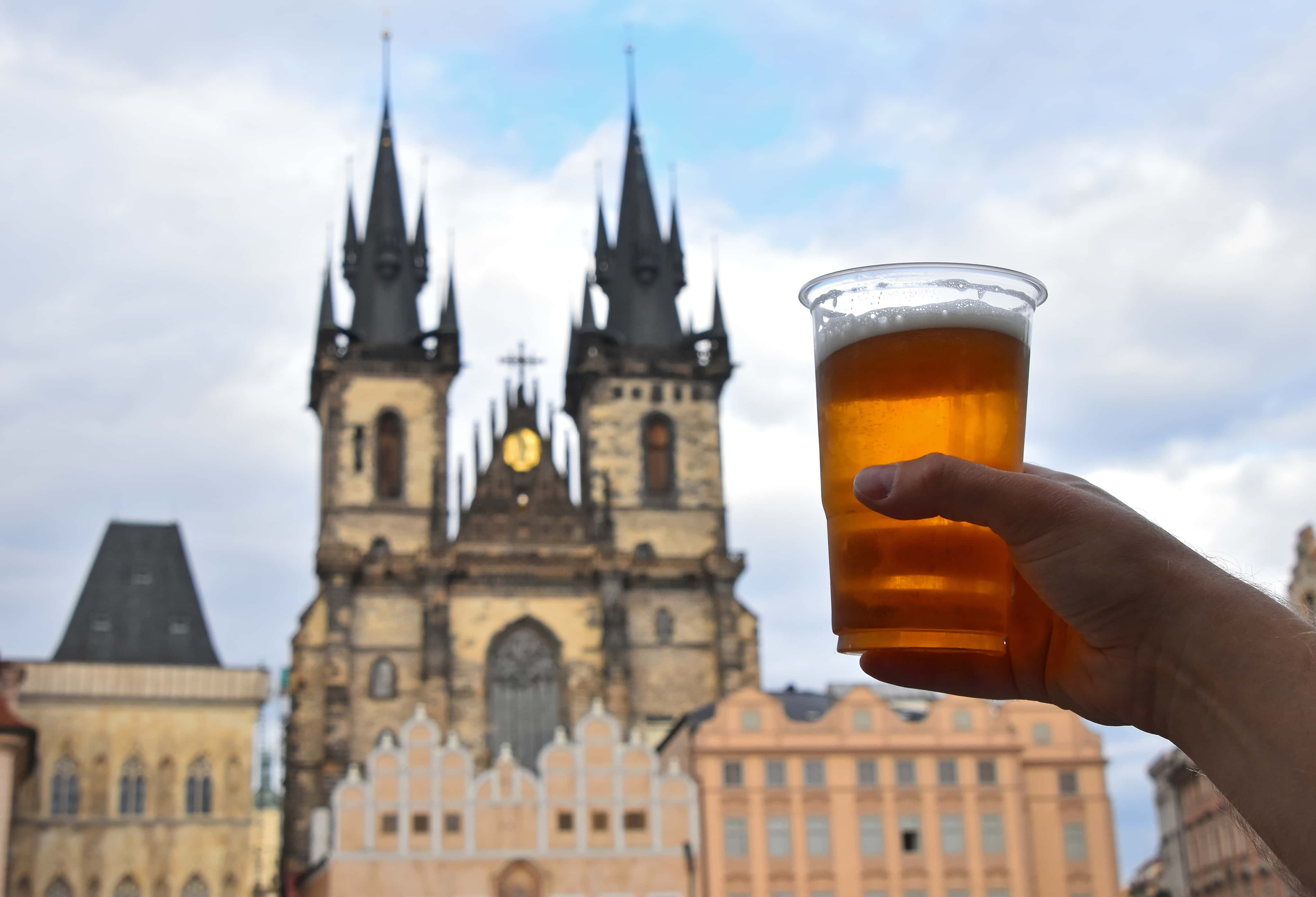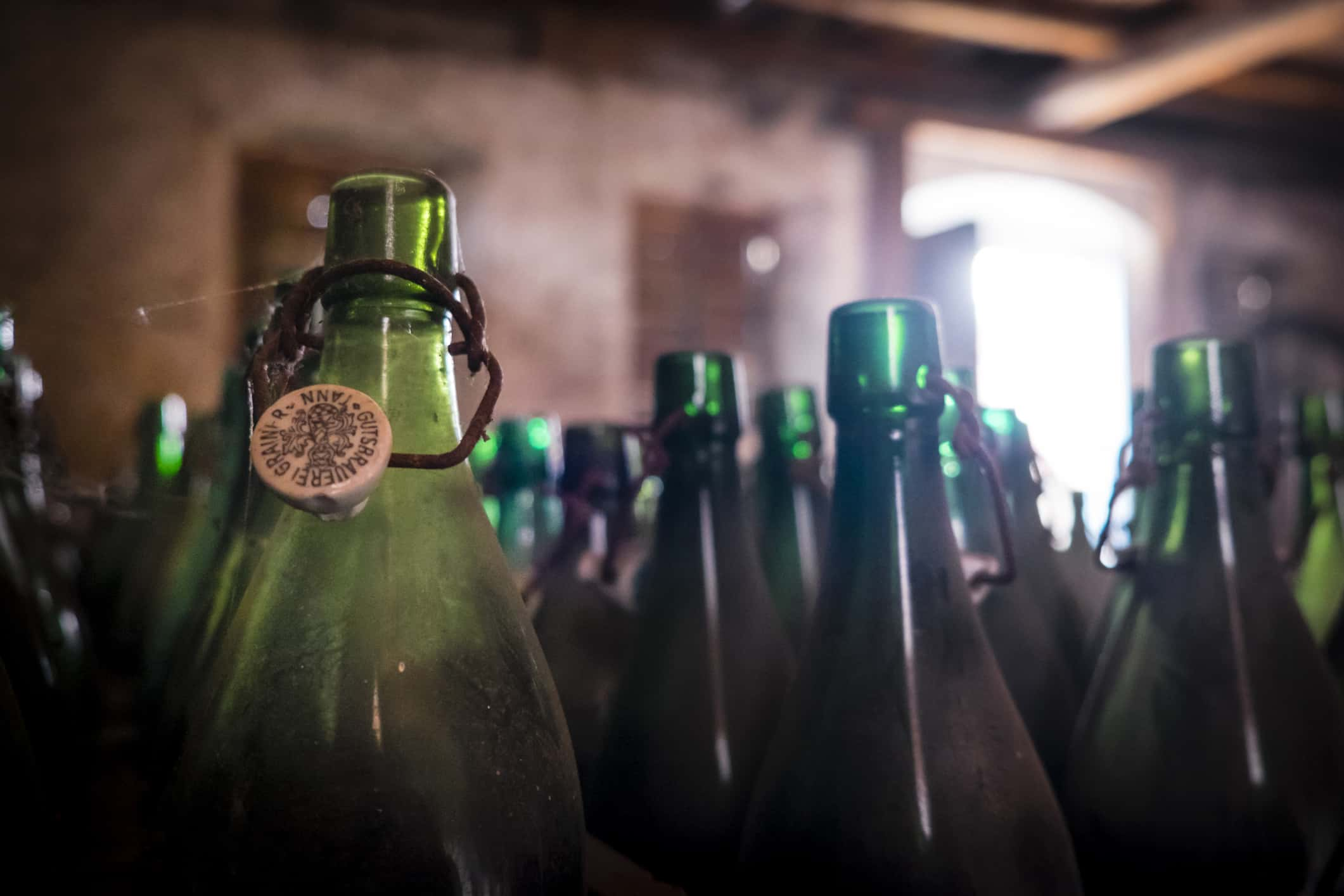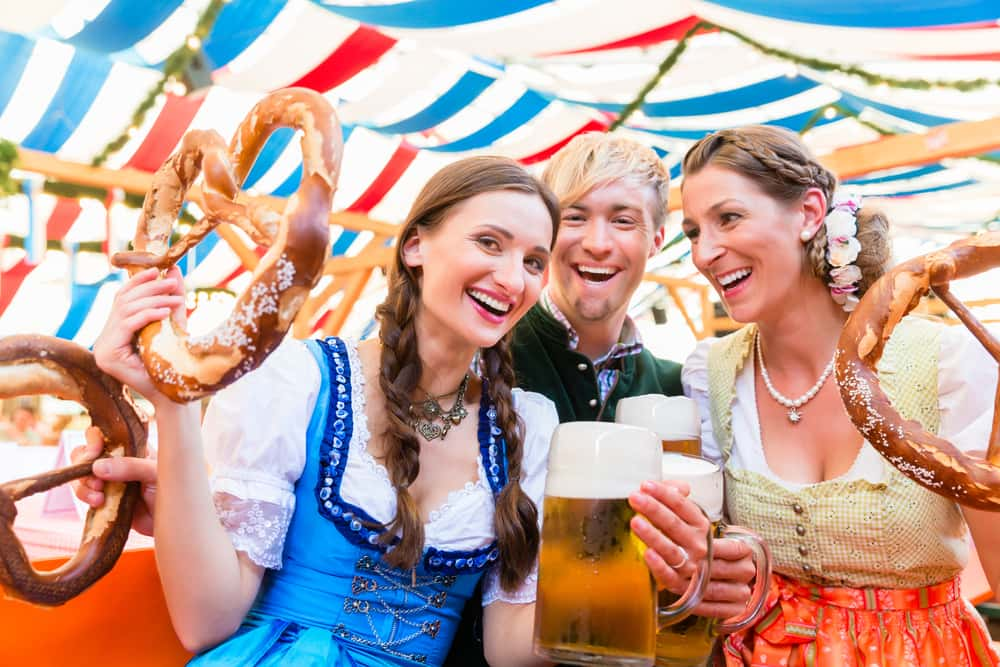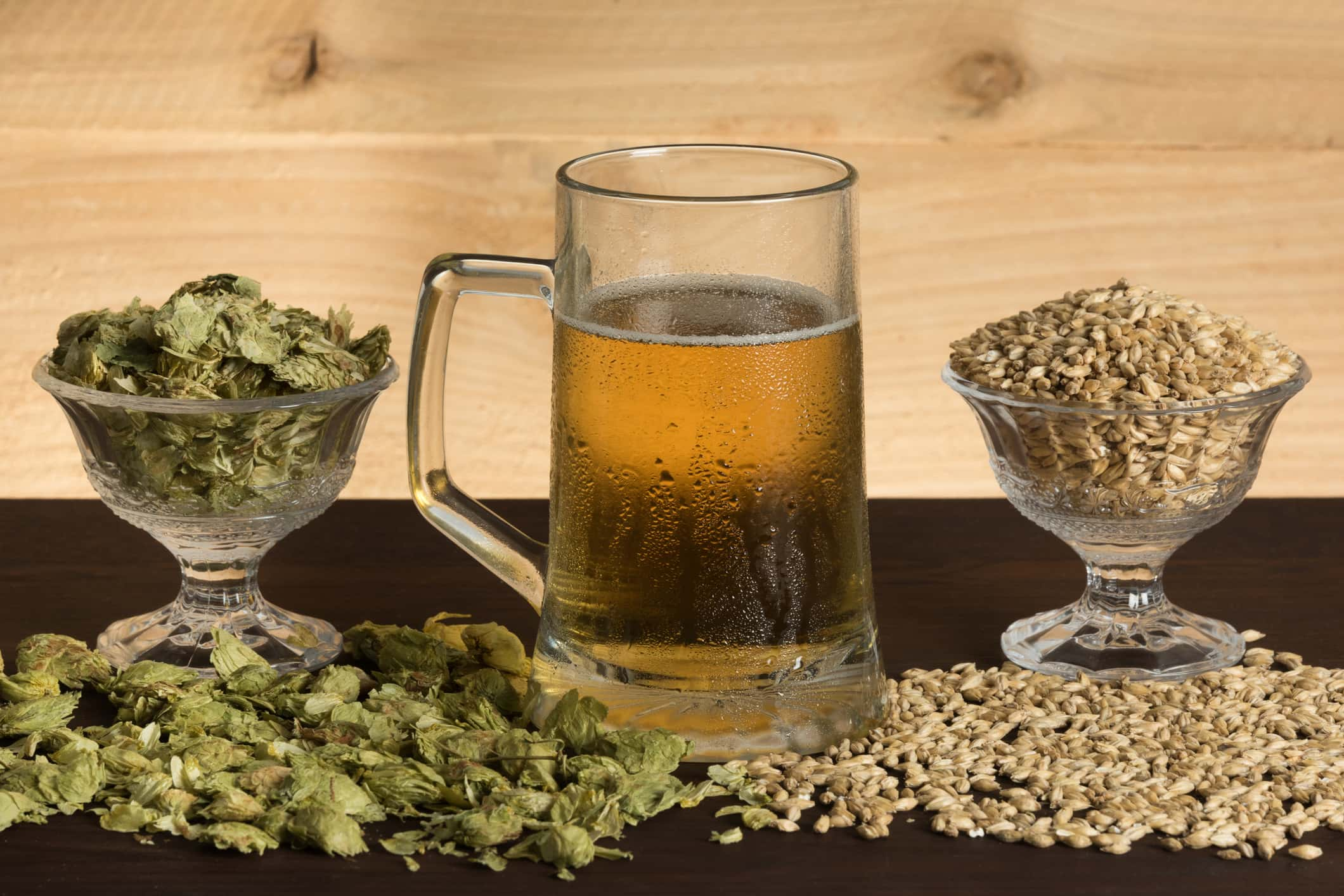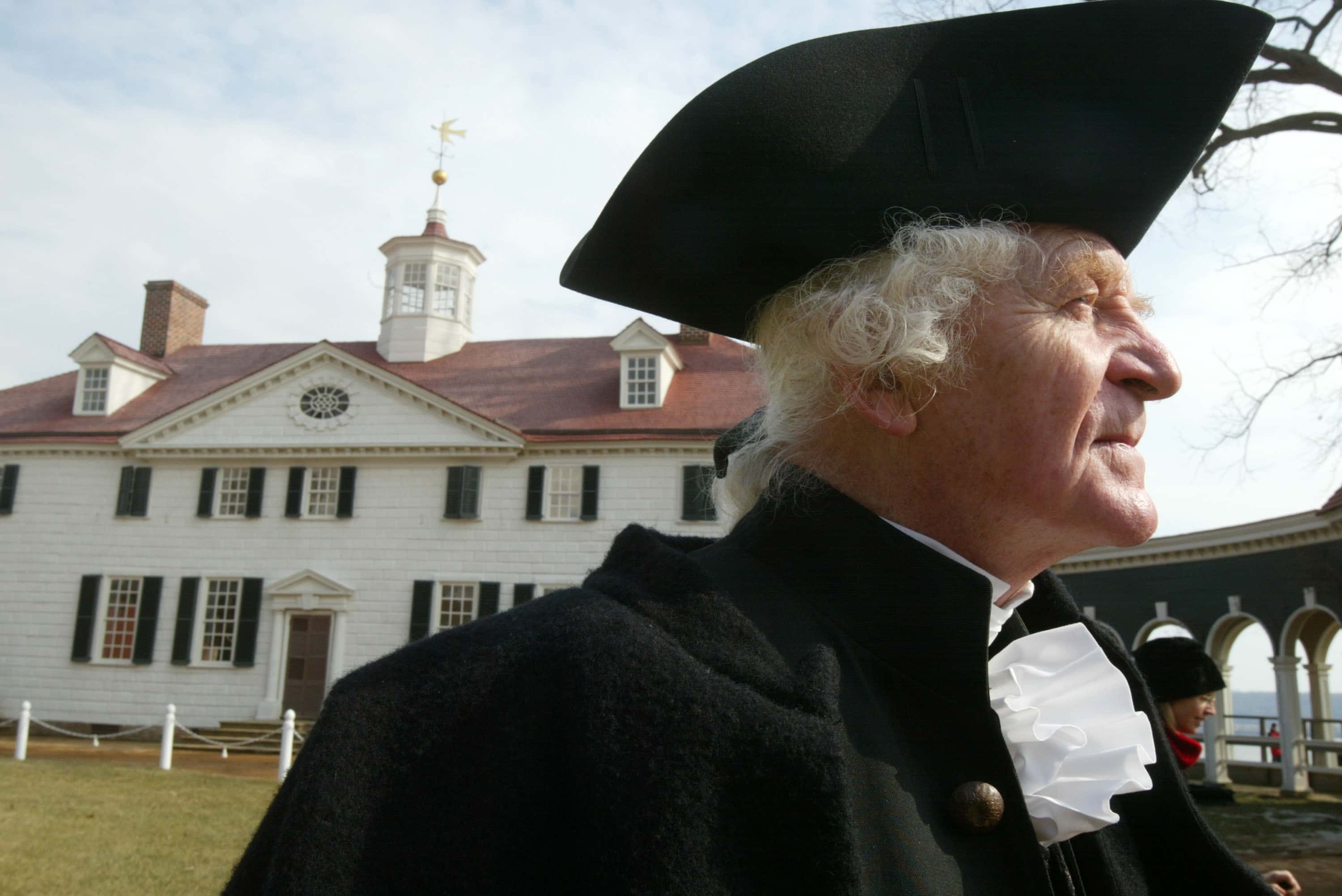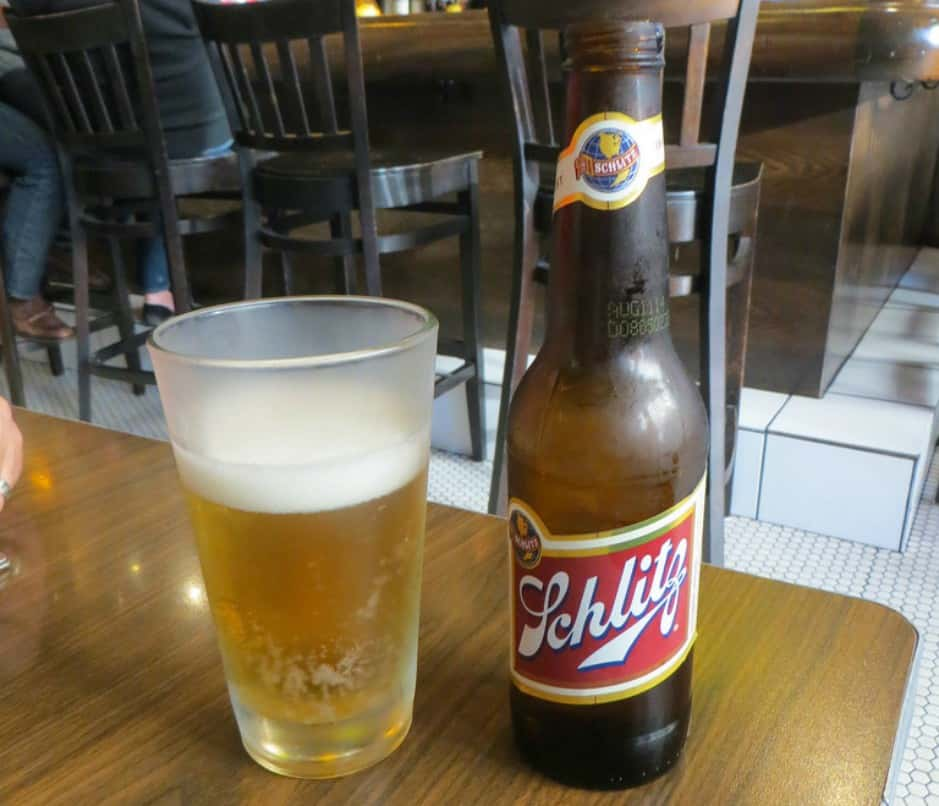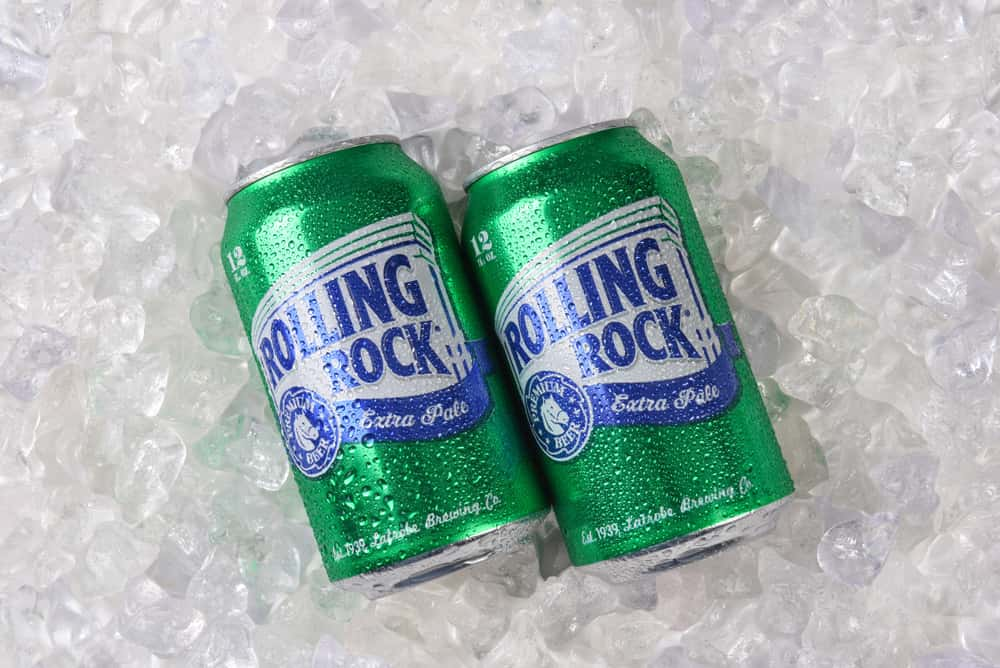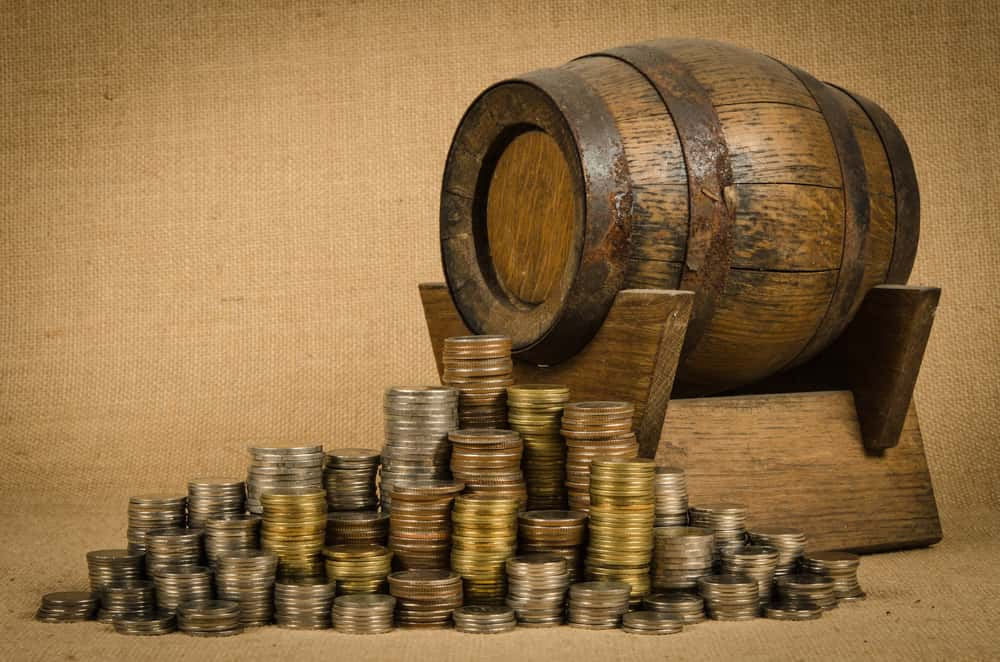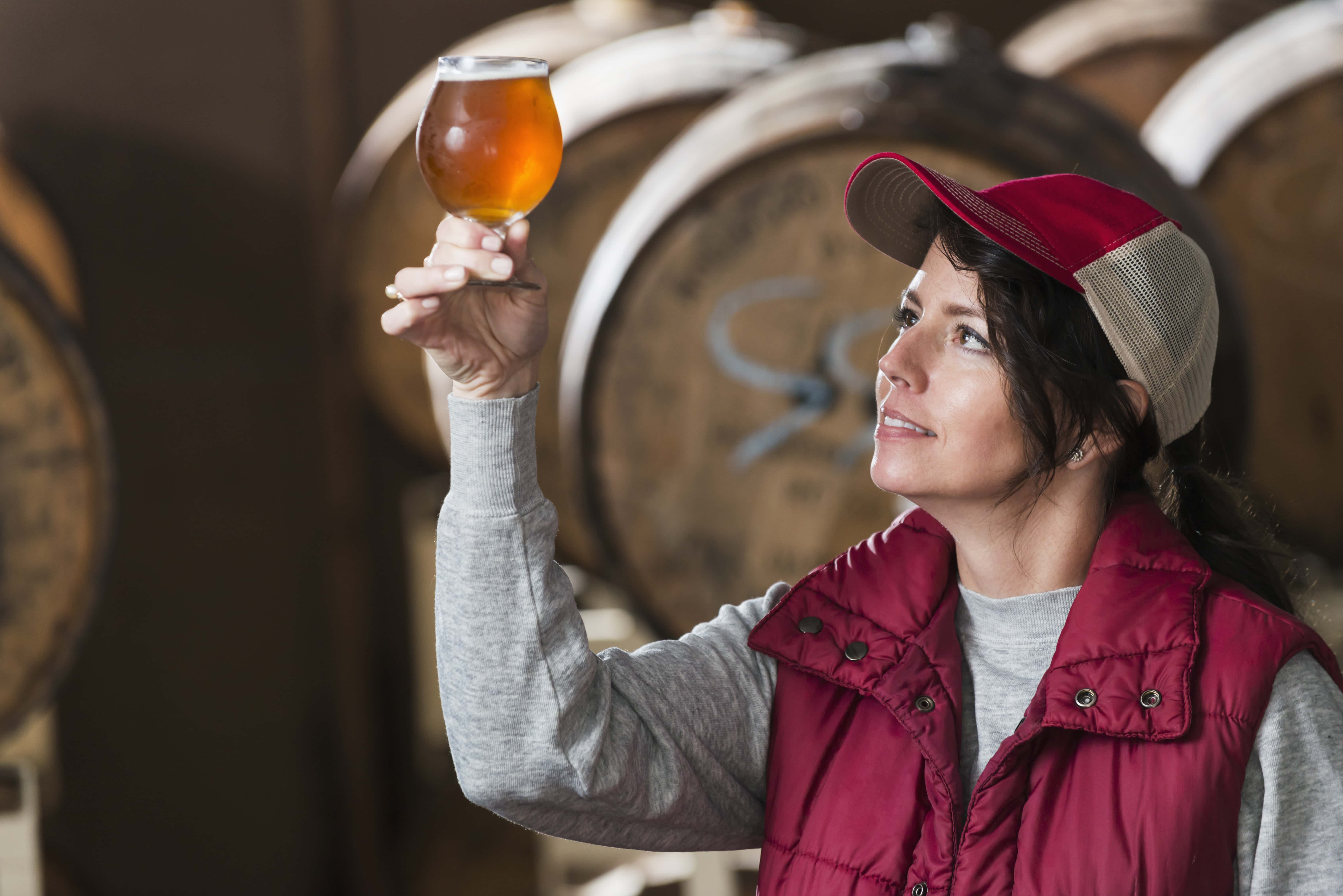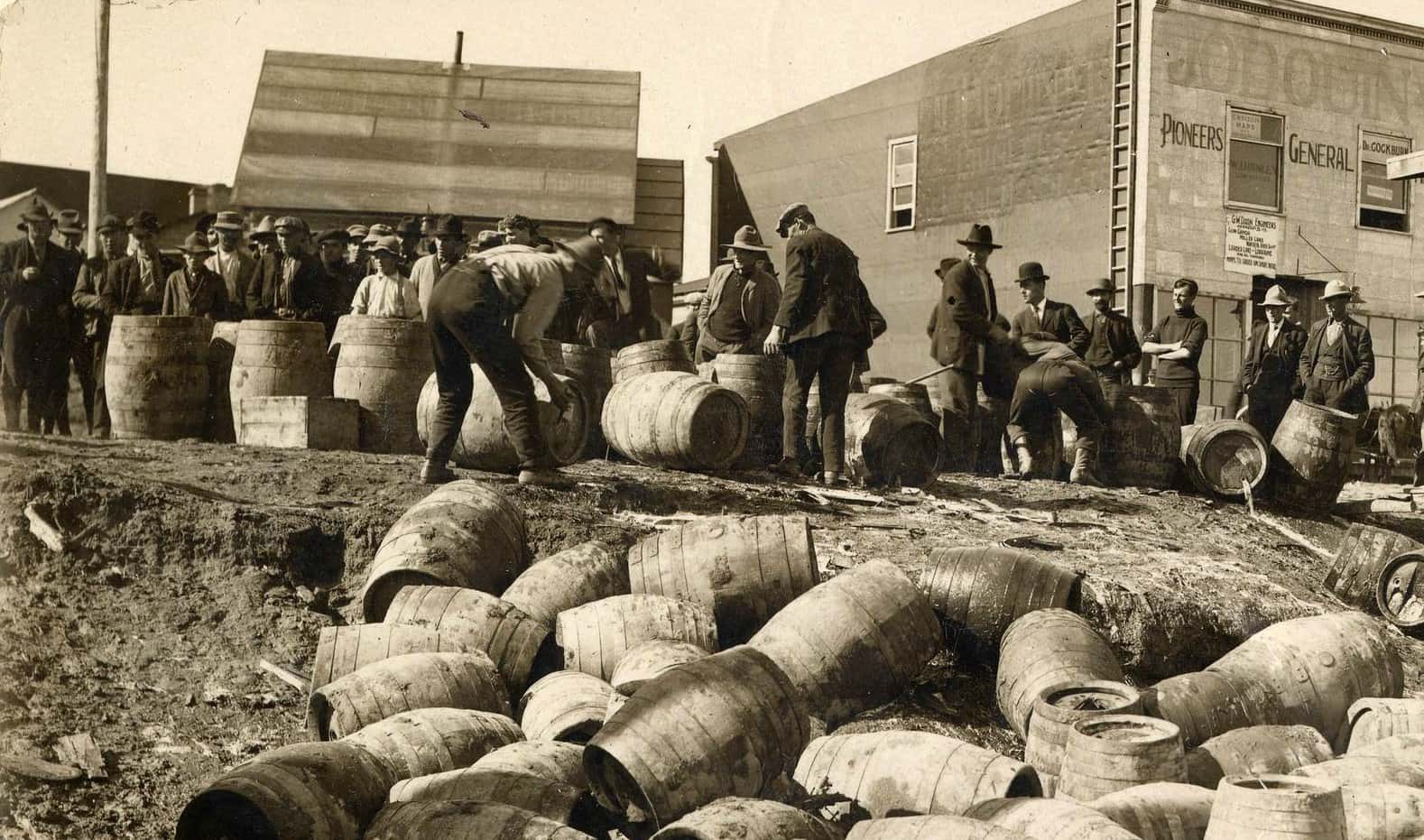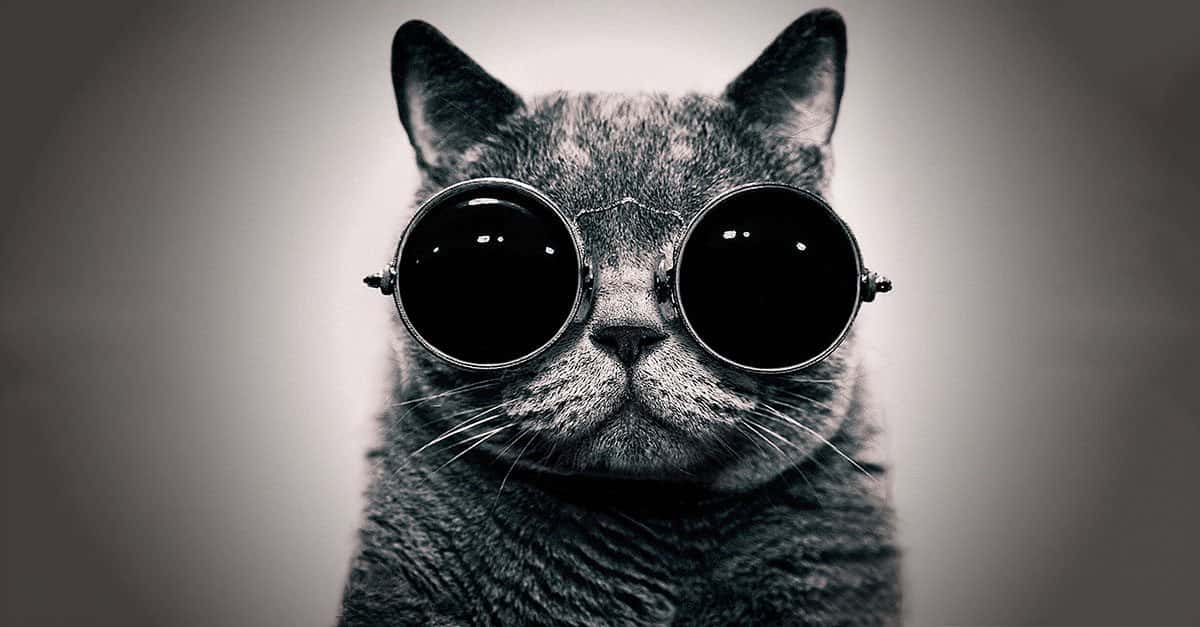"Beer is proof that God loves us and wants us to be happy."
- Benjamin Franklin
Beer has a special place in history. It's been among the most beloved beverages on the planet for thousands of years. It's inspired artists, fueled armies, and encouraged countless thousands of reckless (or fun) decisions.
In honor of that tradition, we present these fresh-brewed facts about beer. Enjoy.
Beer Facts
1. The Pilgrims Loved Their Suds
It's an accepted reality of the human condition that one or two beers or eleven beers can drive us to some pretty outrageous antics. But what's less understood is that a lack of beer can be even worse...
For one example, take those famous pilgrims who landed at Plymouth Rock, aboard the Mayflower: if the ship's logs are to be believed, it might well have been a beer shortage which prompted them to stop. The ship was originally destined to arrive in Virginia, but a diary entry from a passenger confirmed that the wind was taken out of the ship’s sails early... once there was no more beer to drink.
What happened to those notorious puritans we all hear so much about? The ones we might associate more with prudish pursuits, than a reckless taste for beer? Well, in fairness, it's worth remembering that the trip from England to the New World took roughly 2 months by sea. If you were stuck on a wooden dingy with 120 other starving, smelly Puritans... wouldn't you reach for the good stuff too?
2. Barrels > Kegs
Most Americans are used to seeing kegs of beer, which contain about 15.5 gallons of beer each. That's a lot.
A barrel of beer, though, can hold... a little bit more. How much? How about a whopping 31 gallons of golden oat soda? That's, right, a barrel is about twice the size of a keg.
Which means a lot of us have been partying wrong all this time. Barrel-stand anyone?
3. Jugs Came First. Then Bottles. Now We Have...
For most of human history, if you were going to be serving beer in anything other than the jug it was made in, a glass bottle was how you did it. That was just an accepted practice.
But, like all things, even that time-tested tradition was ripe for change, and in 1935 the Gottfried Krueger Brewing Company of Newark, New Jersey showed the world a brand new way of doing things. They began selling their beer in cans... which caused more than a little bit of a stir. After all, at the time a beverage that came in a can was more than a bit of a novelty—it came with some pretty negative connotations. Canned food was considered cheap and low-class (some would still argue still is... although they need to meet one Chef Boyardee).
Regardless, though, Gottfried Krueger had the last laugh: By the end of the year, 37 breweries followed their lead. Proving once again that there is one ultimate truth about human beings: we'll drink our beer out of literally anything.
4. Early Brewers Used "The Rule Of Thumb"
Until the thermometer was invented, brewing beer requiring dipping a finger in the mix to test the temperature before the addition of yeast. Yeast will die if the mixture is too hot, and will not develop in cold temperatures. This is considered one of the possible origins of the phrase ‘rule of thumb’.
Yum.
5. The World's Strongest Beer
Most beers have around 5% alcohol by volume.
Most... but not all. The Brewmeister’s Snake Venom beer is perhaps the world’s strongest beer. The alcohol by volume level is a gut-wrenching 67.5%! Bottoms up.
6. The Vikings Were Fueled By "Liquid Courage"
Before heading into battle, Vikings would enjoy a drink or two of ale. After downing their drinks, they would fearlessly charge into battle, often shirtless. The term ‘berserk,’ means ‘bare shirt’ in Norse, and eventually became associated with enraged Vikings entering battle. When it came to the afterlife, Vikings believed that in Valhalla, a magical goat provided a limitless amount of beer.
7. Drink To Your Health
A study by the American Journal of Epidemiology connected beer consumption to kidney stones.
Damn. Well, we all knew it couldn't all be good news, right? After all, something as tempting as beer just has to have a few serious downsides, after all there—
Wait, a study by the American Journal of Epidemiology connected beer consumption to kidney stones, in a positive way??? You're kidding me...
Apparently, drinking a bottle of beer every day can reduce the risk of developing kidney stones by 40%. That's right, while the long-term impact of drinking is still obviously risky, you can now go ahead and claim that there's at least one positive effect: really healthy kidneys.
8. Beer Bellies: Fact Or Fiction?
Although beer is notorious for leading to developing a few more inches around the waist, some beers are actually diet-friendly. Drinking 12-ounces of an average pale beer has fewer calories than drinking the same amount of 2% milk or apple juice.
9. Will Work For Beer
In Amsterdam, street cleaners can get paid in beer. In exchange for cleaning city streets, workers receive some rolling tobacco, 10 Euros, and 5 beers. This unique payment is given out by a government-funded organization to aid people with alcoholism.

History's most fascinating stories and darkest secrets, delivered to your inbox daily.
10.
Mind Your P’s And Q’s
Bars can be rowdy places, especially when customers become a bit tipsy. In England, ale would be served by the pint or quart. It would be common for a bartender to yell at customers who needed to settle down, with the phrase ‘mind your P’s and Q’s'... which is an incredibly British sort of pun.
11. Motivational Forces
According to an archaeologist from the University of Pennsylvania, the builders of the ancient Egyptian pyramids were partially compensated in beer. Workers were given an allowance of about four liters of beer per day in exchange for their labor.
Which maybe doesn't seem like all that much, but given that a common practice of the time was simply enslaving skilled laborers and forcing them to work, I'm willing to be that most of the men on the crew were not complaining.
12. There’s An Ology For That
Zythology is the scientific name for the study of beer and beer production, including the role that specific ingredients play in the brewing process.
The term comes from Ancient Greek: "Zythos" meant beer, and "Logos" meant knowledge.
13. What Country Drinks Most?
There are some nations that are renowned for their quality of beer production (Belgium and Germany come to mind), but while the actual brewing might be taking place there, the country where all that beer gets drunk might just surprise you...
The Czech Republic is the leading beer-drinking country in the world, and it's honestly not even close. Czechs enjoy almost 40 gallons of beer per-capita every single year.
14. The Price Of A Good Time
If you want to enjoy one of the most expensive beers on the planet, it's going to cost you a pretty penny.
Enjoying just one bottle of Belgian’s ‘Vielle Bon Secours’ costs about $1,000 American dollars.
15. Mother Russia
Beer was not officially classified as an alcoholic beverage in Russia until 2013.
Previously, anything beverage that contained less than 10% alcohol by volume had been classified as a "foodstuff" and was therefore controlled as such.
It was a move by Russian leadership to curtail alcohol consumption in the country, which censuses had revealed to be about twice the level cited by the World Health Organization as a critically dangerous amount.
16. The Scariest Thing on Earth
Cenosillicaphobia is the phobia of an empty beer glass. Of all the phobias out there this one makes sense to me.
17. Never Too Old
In 2010 a shipwreck discovered near Finland provided a carbonated discovery. Although dated from the early 19th-century, there were beer bottles still preserved on the wreckage.
People who tasted it (oh, you know they tasted it), gave the brew some mixed reviews: they claimed it "tasted old", with a hint of burnt notes and an acidic aftertaste.
Not exactly a 5-star critique... but when you're drinking centuries-old ale, you've got to lower your standards juuuuust a bit.
18. Beer Bash Celebrations Around The World
Oktoberfest is the largest beer festival in the world, originally taking place in Munich, Germany and is now celebrated around the world. During a span of 16 days, festival goers enjoy different types of beer and party merrily. The even attracts over 6 million people to Munich, from late September to the first weekend of October. Over 7.3 million liters of beer have been consumed at Oktoberfest celebrations. There was also 180 lost and found passports and one wheelchair, but the beer drinking probably had nothing to do with that. Cheers!
19. Feeling The Buzz
50 million people are drunk right now. This is because at any moment on our planet, 0.7% of the human population has been enjoying a drink or two of alcohol. As beer is one of the most popular alcoholic beverages,it must be a contributing factor.
20. Facts About Beer Head
The foamy head (or collar) is a marker of the beer’s quality. Too much is undesirable but too little means something went wrong in the fermentation process. The elements that produce the head are wort protein, yeast and hop residue. Some believe that the head is what provides beer with its distinct aroma and without it, the beer is incomplete. Cheers!
21. Brews And Politics
The United States President George Washington, enjoyed drinking and brewing beer so much, that he had his own private brewery. President Washington also had a recipe for beer in a notebook, kept during the French and Indian War.
22. Innovation At Its Finest
The Milwaukee-established beer brand Schlitz was the first brewery to utilize a brown bottle to diffuse light and keep beer fresh. Schlitz was also responsible for the development of the tall boy, to amplify the beer drinking experience.
23. So What Do The Numbers Mean
One beer has a lot of tongues wagging, over a secret message on their bottles. Rolling Rock has kept the conversation going over their beer by offering up various theories as to why the number 33 is printed on the bottle, but there are more questions than answers. Some say that the beer is brewed at 33 degrees, that they are Larry Bird fans, or that the brewery was bought in 1933. Regardless of the meaning, the beer is good.
24. The Best Selling Beer In The World
With over 1 billion people, China has the largest beer market by volume. The best selling beer on the Chinese market is called ‘Snow,’ and retails for 49 cents a can.
25. The Great Beer Wave
On 17 October 1814 the parish of St. Giles, London, England experienced potentially the worst beer related disaster in history. A huge vat containing over 135,000 imperial gallons (610,000 L) of beer ruptured at the Meux and Company Brewery. This caused other vats in the same building to rupture in a domino effect. As a result, more than 323,000 imperial gallons (1,470,000 L) of beer burst out and gushed into the streets. The wave of beer destroyed two homes and killed eight people. No one was charged for the loss of life and property damage, as it was considered an act of God.
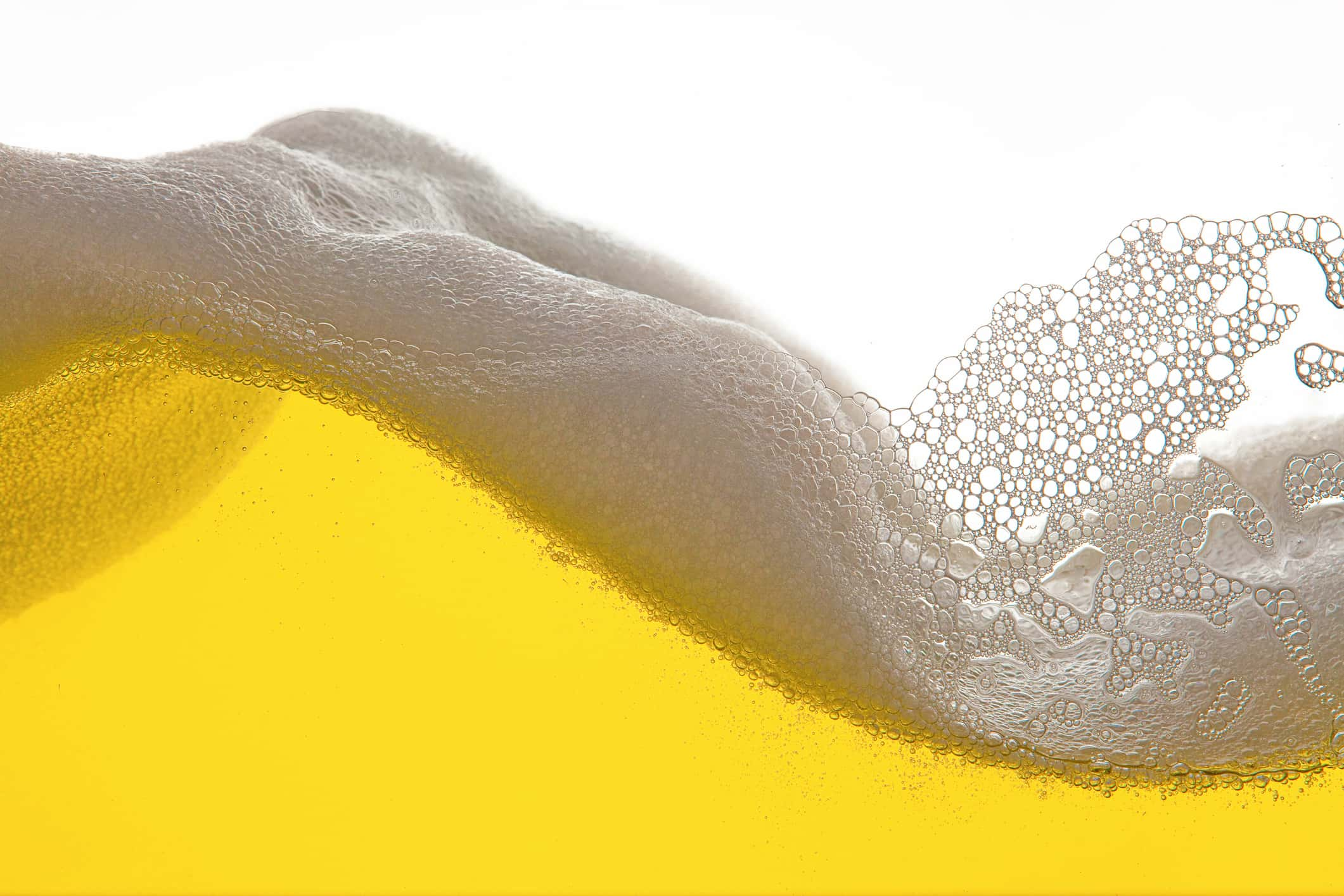 Getty Images
Getty Images
26. An Ancient Libation
Beer has been around for thousands of years, and the oldest known beer recipe dates back 4,000 years from a Sumerian (ancient Iraq) poem. Although it didn’t include the use of hops, the beer was made from barley via bread.
27. Beer Taxes And War
During the Civil War, Abraham Lincoln needed a way to finance the North’s efforts. The solution? Tax beer. There were over 4000 independent breweries at the time.
28. Home Brew
During the Medieval period in Europe, brewing was one of the task’s assigned to a housewife, in addition to cooking and cleaning. Some women became famous for their exceptional brewing skills. One brewer would let her chickens roost over the beer vats and simply stirred the droppings in the beer. Extra flavor booster perhaps?
Don't quote us on this, but based on the taste-test, it would seem that some major brewers are still using that particular tactic.
29. Guess No Apologies Accepted
For Ancient Babylonians, beer was serious business.
It was an absolutely crucial part of a person's daily diet... so much so that every citizen had the right to a daily ration of beer, provided by local leadership. This inclusion in the rituals of daily life is also reflected in the culture of Babylon: stories like the Epic of Gilgamesh and the famous poem Inanna & the God of Wisdom are both considered amongst the most important Babylonian works of art and include long passages about the spiritual essence of brewing beer.
All of that beer appreciation makes it, perhaps, not surprising that the Babylonians were also pretty strict when it came to a good pour. In fact, a merchant who was found to be short-measuring their beer (giving people less beer than they'd agreed to) was immediately executed.
30. Medicinal Alcohol
During Prohibition in America in the 1920s, in order to circumvent the laws, physicians and licensed breweries produced ‘medical beer.’ Doctors could give a prescription for medical beer in the same way that doctors today can prescribe medical marijuana. This worked for a time but in November 1921, Congress changed their mind, and alcohol was completely banned, prescription or not.
31. Beer And The Beginning Of Civilization
Historians generally agree that it was agriculture, more than any other influence, which first allowed human beings to move from the nomadic lives of hunters-and-gatherers into the beginnings of civilization as we know it. Farming forced us to develop towns and villages, and all the social cooperation that goes with them. We also began to specialize, as the food surpluses granted to us by steady harvests allowed some people to focus less on food production, and on other pursuits like art, engineering, math, or written history.
But what historians don't agree on is this: why did we develop agriculture in the first place?
Some say that bread was our first real manufactured meal, and so we began to grow and harvest grain. For decades, that's been the accepted theory.
Now, though, a few dissident historians are beginning to argue that it was actually beer which drove our adoption of farming. And the evidence seems to be stacking up: there are artifacts of ancient beer brewing which have been dug up across the world, from Mesopotamia to modern-day Canada. It seems increasingly possible that man's first civilizing force was the distinctly un-civilizing influence of a good pint.
But in any case, whether brewing is what drove agriculture or not, the fact remains: Beer is one of the most consumed beverages on the planet. It's one of human society's great unifying forces.

